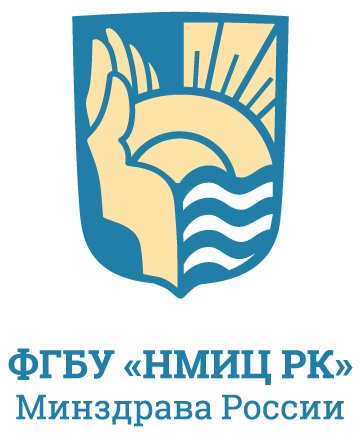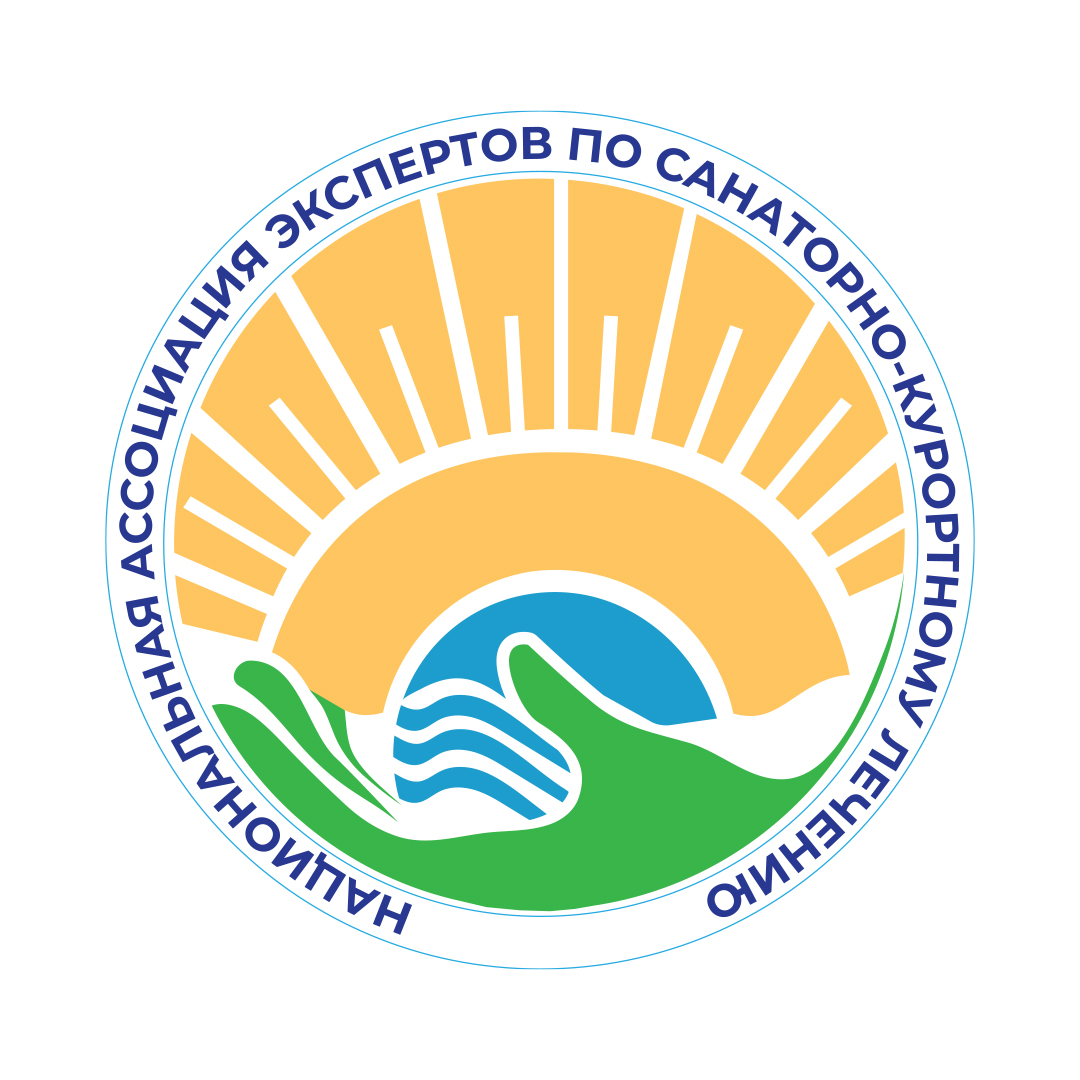Issue 5-93, 2019
Bioacoustic correction in cognitive rehabilitation of patients with focal brain lesions
1,3 Tereshin A.E., 1 Kiryanova V.V., 2 Konstantinov K.V., 3 Reshetnik D.A., 3 Efi mova M.Y., 3 Karjagina M.V., 3 Savelyeva E.K.
1 North-Western State Medical University named after I.I. Mechnikov, Saint-Petersburg, Russia
2 Bioacoustic correction Clinic, Saint-Petersburg, Russia
3 Nikolaevskaya Hospital, Saint-Petersburg, Russia
ABSTRACT
The objective of the investigation was to study the eff ectiveness of bioacoustic correction (BAC) in cognitive rehabilitationof patients with focal brain lesions. The dynamic examination of 147 patients with cognitive impairment at the secondstage of rehabilitation was carried out. The patients were subdivided into 2 groups: 106 patients of the control group weretreated with the standard nootropic medications and neuropsychological procedures; 44 patients of the basic group wereadditionally treated with BAC. The dynamics of the score increase by Rivermid, Karnovsky, Roshina, MMSE, mRS, HDRS, SF-36 scales were analyzed. Conclusion: 1. BAC has signifi cant advantages in restoring cognitive functions such as executivefunctions, perception, reading and counting in patients with focal brain lesions in comparison with the control group. In addition,the examined patients of the BAC group have a tendency to better recovery of attention and memory. 2. BAC has noadditional positive impact on the quality of life, daily activity and general functional state of patients with focal lesions of thebrain compared to the control group. 3. The advantage of BAC is its possibility of safe application in cognitive rehabilitationof patients with neurooncological diseases of the brain, when the possibilities of physiotherapy are largely limited.
KEYWORDS: neurological rehabilitation, cognitive rehabilitation, neuro-oncological rehabilitation, cognitive impairment, stroke, ischemic stroke, hemorrhagic stroke, brain tumors, post-stroke cognitive impairment, neurobiofeedback, EEG biofeedback, bioacoustic correction, quality of life.
References:
- Gusev E.I., Bogolepova A.N. Kognitivnye narusheniya pri cerebrovaskulyarnyh zabolevaniyah. - 3-e izd., dop. - M. : MEDpress-inform, 2013. - 176 s.
- Parfenov V.A., Zaharov V.V., Preobrazhenskaya I.S. Kognitivnye rasstrojstva. - M.: OOO «Gruppa remedium», 2014. - 192 s.
- Litvinenko I.V., Emelin A.YU., Vorob’ev S.V. i soavt. Klinicheskie osobennosti formirovaniya i vozmozhnosti terapii posttravmaticheskih kognitivnyh rasstrojstv // ZHurnal nevrologii i psihiatrii. - 2010. - №12. - S. 60-66.
- Gustov A.V., Antipenko E.A. Kognitivnye rasstrojstva v nevrologii: metody diagnostiki, puti korrekcii: monografiya. - 3-e izd., ispr. i dop. - N. Novgorod: Izdatel’stvo Nizhegorodskoj gos. medicinskoj akademii, 2013. - 190 s.; il.
- Kognitivnye rasstrojstva. Novye podhody k resheniyu aktual’noj zadachi. Metodicheskie rekomendacii dlya vrachej / pod red. E.N. Katuninoj. - M.: 2015. - 44 s.
- Ivanova G.E., Zajcev O.S., Maksakova O.A. i soavt. Organizacionnye aspekty obespecheniya vosstanovleniya psihicheskoj deyatel’nosti v processe nejroreabilitacii // Vestnik vosstanovitel’noj mediciny. 2018. - №2. - S. 37-40.
- Bidenko M.A., Bortnik O.V. Opyt organizacii otdeleniya vtorogo etapa medicinskoj reabilitacii pacientov s ostrym narusheniem mozgovogo krovoo-brashcheniya // Vestnik vosstanovitel’noj mediciny. 2019. - №1. - S. 10-15.
- Borisova E.A., Reznikov K.M., Agasarov L.G. Ocenka effektivnosti lecheniya bol’nyh ishemicheskim insul’tom v rannem vosstanovitel’nom periode // Vestnik vosstanovitel’noj mediciny. 2015. - №1. - S. 19-27.
- Novak E.V., Uvarova O.A., Daminov V.D. Opyt primeneniya nejromodulyatorov v rannem vosstanovitel’nom periode ishemicheskogo insul’ta // Vest-nik vosstanovitel’noj mediciny. 2018. - №2. - S. 59-65.
- Kispaeva T. Kognitivnaya reabilitaciya v ostrom periode cerebral’nogo insul’ta. Principy i metody vozdejstviya. - LAP LAMBERT Academic Publishing, 2012. - 42 s.
- Kotov S.V., Biryukova E.V., Turbina L.G. i soavt.Issledovanie pamyati, prostranstvennogo myshleniya i praksisa u postinsul’tnyh bol’nyh, prohodivshih reabilitaciyu s primeneniem «IMK + ekzoskelet kisti» // Vestnik vosstanovitel’noj mediciny. - 2017. - №2. - S. 101-106.
- Novikova E.V., Han M.A., Aleksandrova O.YU. i soavt. Primenenie nemedikamentoznyh tekhnologij na razlichnyh etapah medicinskoj reabilitacii detej, perenesshih insul’t // Vestnik vosstanovitel’noj mediciny. - 2018. - №3. - S. 75-78.
- Nejropsihologicheskaya diagnostika. Klassicheskie stimul’nye materialy. - 4-e izd. - M.: Genezis, 2014. - 12 s. - (+72 l.)
- Konstantinov K.V. Sposob normalizacii psihofiziologicheskogo sostoyaniya. Pat. RF № 2410025 ot 17.02.2009.
- SHCHegol’kov A.M., Konstantinov K.V., YUdin V.E. i soavt. Primenenie metoda bioakusticheskoj korrekcii v medicinskoj reabilitacii. - M.: ANO Izd. dom «Nauch. obozrenie», 2017. - 273 s.
- Primenenie metoda bioakusticheskoj korrekcii v nejropediatrii. Metodicheskoe posobie. 2018.- 88 s.
- Bioakusticheskaya korrekciya dlya lecheniya detej s sindromom deficita vnimaniya i giperaktivnost’yu. Metodicheskie rekomendacii. Izdanie SPb-GPMA, 2012. - 24 s.
- Konstantinov K.V., Gricyshina M.A., Nefedova G.E. Vosstanovlenie kognitivnyh funkcij u bol’nyh s organicheskimi porazheniyami golovnogo mozga v kompleksnoj medicinskoj reabilitacii // Klinicheskaya medicina. - 2012. - №5. - S. 36-39.
- Bratova E.A., Kir’yanova V.V., Aleksandrova V.A. Primenenie fotohromoterapii v lechenii detej s posledstviyami perinatal’nyh porazhenij central’noj nervnoj sistemy / // Nelekarstvennaya medicina. - 2007. - №2. - S. 11-15.
- Ivanova N.E., Efimova M.YU., Makarov A.O. i soavt. Analiz struktury i dinamiki kognitivnyh narushenij u pacientov, operirovannyh po povodu cerebro-vaskulyarnoj patologii golovnogo mozga, na II etape reabilitacii // Vestnik vosstanovitel’noj mediciny. 2017. - №6 (82). - S. 28-32.
- Ivanova N.E., Efimova M.YU., Makarov A.O., i soavt. Sravnitel’naya effektivnost’ metodov kognitivnoj reabilitacii pri nejrohirurgicheskoj patologii go-lovnogo mozga // Vestnik vosstanovitel’noj mediciny. 2017. - №6 (82). - S. 40-45.
- Gruzelier J. A theory of alpha/theta neurofeedback, creative performance enhancement, long distance functional connectivity and psychological integration // Cognitive Processing. - 2009. - Vol. 10. - P. 101-109.
- Rabipour S., Raz A. Training the brain: fact and fad in cognitive and behavioral remediation // Brain and Cognition. - 2012. - Vol. 79(2). - P. 159-179.
- Wang T., Mantini D., Gillebert C.R. The potential of real-time fMRI neurofeedback for stroke rehabilitation: A systematic review // Cortex. - 2018. -Vol.107. - P.148-165.
- Van Eijk L., Zwijsen S.A., Keeser D. et al. EEG-neurofeedback training and quality of life of institutionalized elderly women (a pilot study) // Advances in Gerontology. - 2017. - Vol. 30(2). - P. 248-254.
- Kober S.E., Schweiger D., Reichert J.L. et al. Upper Alpha Based Neurofeedback Training in Chronic Stroke: Brain Plasticity Processes and Cognitive Effects // Applied Psychophysiology and Biofeedback. - 2017. - Vol. 42(1). - P. 69-83.
- Luijmes RE, Pouwels S, Boonman J. The effectiveness of neurofeedback on cognitive functioning in patients with Alzheimer’s disease: Preliminary results // Clinical Neurophysiology. - 2016. - Vol. 46(3). - P. 179-187.
- Kober S.E., Schweiger D., Witte M. et al. Specific effects of EEG based neurofeedback training on memory functions in post-stroke victims // Journal of NeuroEngineering and Rehabilitation. - 2015. - Vol. 12. - P. 107.

The content is available under the Creative Commons Attribution 4.0 License.
©
This is an open article under the CC BY 4.0 license. Published by the National Medical Research Center for Rehabilitation and Balneology.




